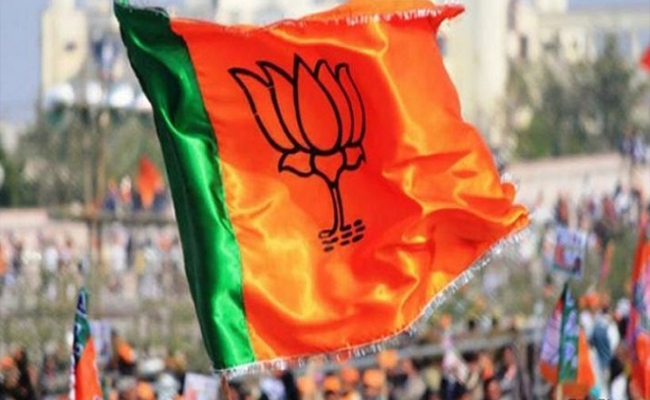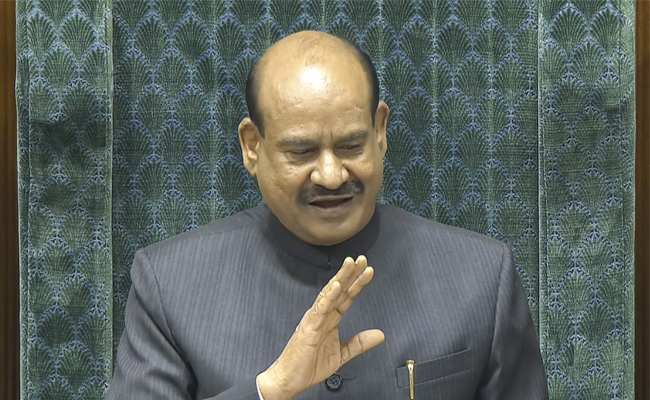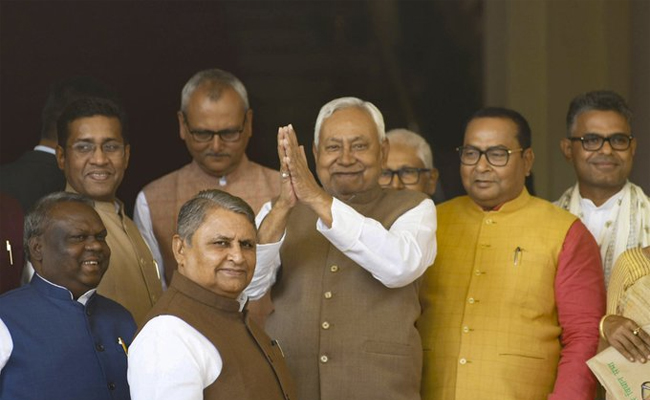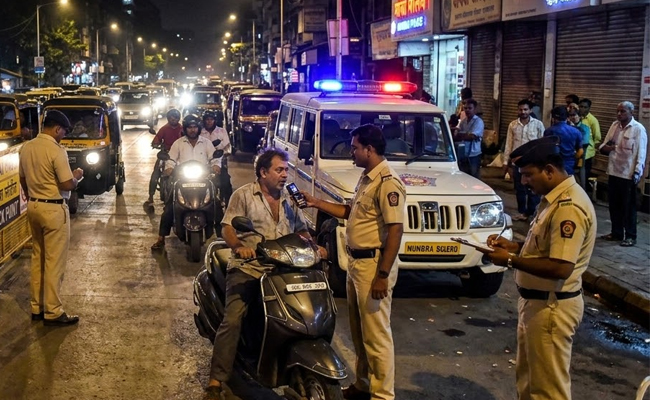London, May 17: Just a few days ahead of the European Union's General Data Protection Regulation (GDPR) coming into effect, a Guardian investigation has found that Facebook lets advertisers to target users it thinks are interested in sensitive subjects such as homosexuality, Islam or liberalism.
Religion, sexuality and political beliefs are explicitly marked out as sensitive information under new data protection laws, said the report on Wednesday.
Facebook, according to the report, collects information about users based on their browsing habit and activities on the social network, and uses that information to predict on their interests and then categorise them based on inferred interests such as Islam or homosexuality.
Facebook is able to infer extremely personal information about users, which it allows advertisers to use for targeting purposes, found the Guardian investigation conducted in conjunction with the Danish Broadcasting Corporation.
Among the interests found in users' profiles were communism, social democrats, Hinduism and Christianity, it stated.
The GDPR which comes into effect on May 25 labels such categories of information as sensitive and mandates special conditions around how they can be collected and processed.
While Facebook, as part of its GDPR-focused updates, asked every user to confirm whether or not "political, religious, and relationship information" they had entered on the site should continue to be stored or displayed, it gathered no such consent for information it had inferred about users.
Facebook, however, said that classifying a user's interests was not the same as classifying their personal traits.
"Like other Internet companies, Facebook shows ads based on topics we think people might be interested in, but without using sensitive personal data," Facebook was quoted as saying
"Our advertising complies with relevant EU law and, like other companies, we are preparing for the GDPR to ensure we are compliant when it comes into force," it added.
Let the Truth be known. If you read VB and like VB, please be a VB Supporter and Help us deliver the Truth to one and all.
Guwahati (PTI): Three Congress MLAs – Kamalakhya De Purakayastha, Sashikanta Das and Basanta Das – on Thursday joined the ruling BJP in Assam, along with two others, ahead of the assembly polls.
All of them were inducted into the party by state BJP president Dilip Saikia in the presence of Union minister Pabitra Margherita at a function here.
The development comes close on the heels of former Assam Congress president Bhupen Borah joining the saffron party.
ALSO READ: Curbs on movement, assembly remain in force in Kashmir after protests against Khamenei's killing
Elections to the 126-member Assam assembly are likely to be held in April.
Purakayastha represents Karimganj (North), while Sashikanta and Basanta are sitting MLAs from the Raha and Mangaldoi (SC) constituencies, respectively.
The two others who joined the BJP are former Congress joint secretary Parsha Bob Kalita and former Trinamool Congress general secretary Kangkan Nath.
The three MLAs, reported to be close to Chief Minister Himanta Biswa Sarma, had openly supported the BJP for the past few years, with Sasikanta Das announcing his support to the ruling party's policies in 2021.
The Congress had suffered a jolt, with Borah joining the BJP on February 22, while two other MLAs Abdul Rashid Mondal and Sherman Ali Ahmed switching over to the Raijor Dal last month.
Both Mondal and Ahmed are three-time legislators from Goalpara (West) and Baghbar, respectively.





